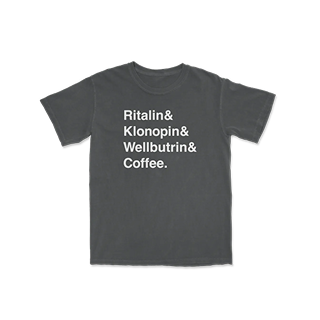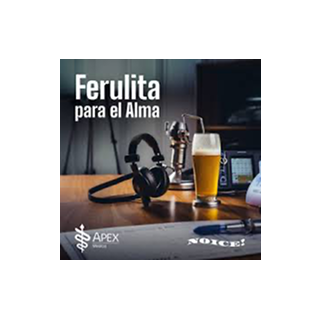It is ridiculous to watch a season of a TV series and then having to wait 2-3 years for a new season. Something has to change, and I think it will as soon as someone figure it out and the rest have to follow through or lose audience.
The magnetic particles in a mixtape hold much more than just music. Baked into the tape is also the person’s intention. They’re in their room, hovering over the pause button wondering if you’ll catch the meaning behind that lyric they chose. Hoping you feel what they felt when they first heard that guitar solo. Each moment on the tape is a moment spent thinking about you.
Some days my brain jumps from one place to the other constantly. It's difficult to get anything done. And I think it's both the feeling itself, and not getting things done that make my anxiety spike.
IIIMGS
Dec 12, 2025
This blog is built on 11ty, and I use Decap CMS to update it (editing code directly gets old reeeeal quick). I don't love image management in Decap, though, and I always wanted a better and quicker solution for that. So I made my own.
My requirements were the following:
- I want a standalone solution for image hosting
- I want to use it as an image gathering app (hoarding, really), not only as image storage for this blog
- It should use authentication for uploading and deleting images, but it should also be accessible without logging in for view-only features
- I don't want to put money into it, so it should rely only on free products/services
The suggested solution, and the one I went with, was a project in Supabase, using their storage, authentication, and database systems, with a front end built on JavaScript and hostable locally or in any JAMstack provider (I went with Netlify, which I use for everything).
When logged in, I can just drag and drop images onto the page, and it will upload and organize them by date (grouped by month). The images are shown and paginated by month, and I can click on any of them to copy the URL, double-click them to see them in a lightbox, or click the × icon to delete them.
I also made an export script so I can back up everything whenever I need to, in case I want to move all the content to a new provider. The images from the last three posts (including this one) are hosted there, and it's been working really nicely.
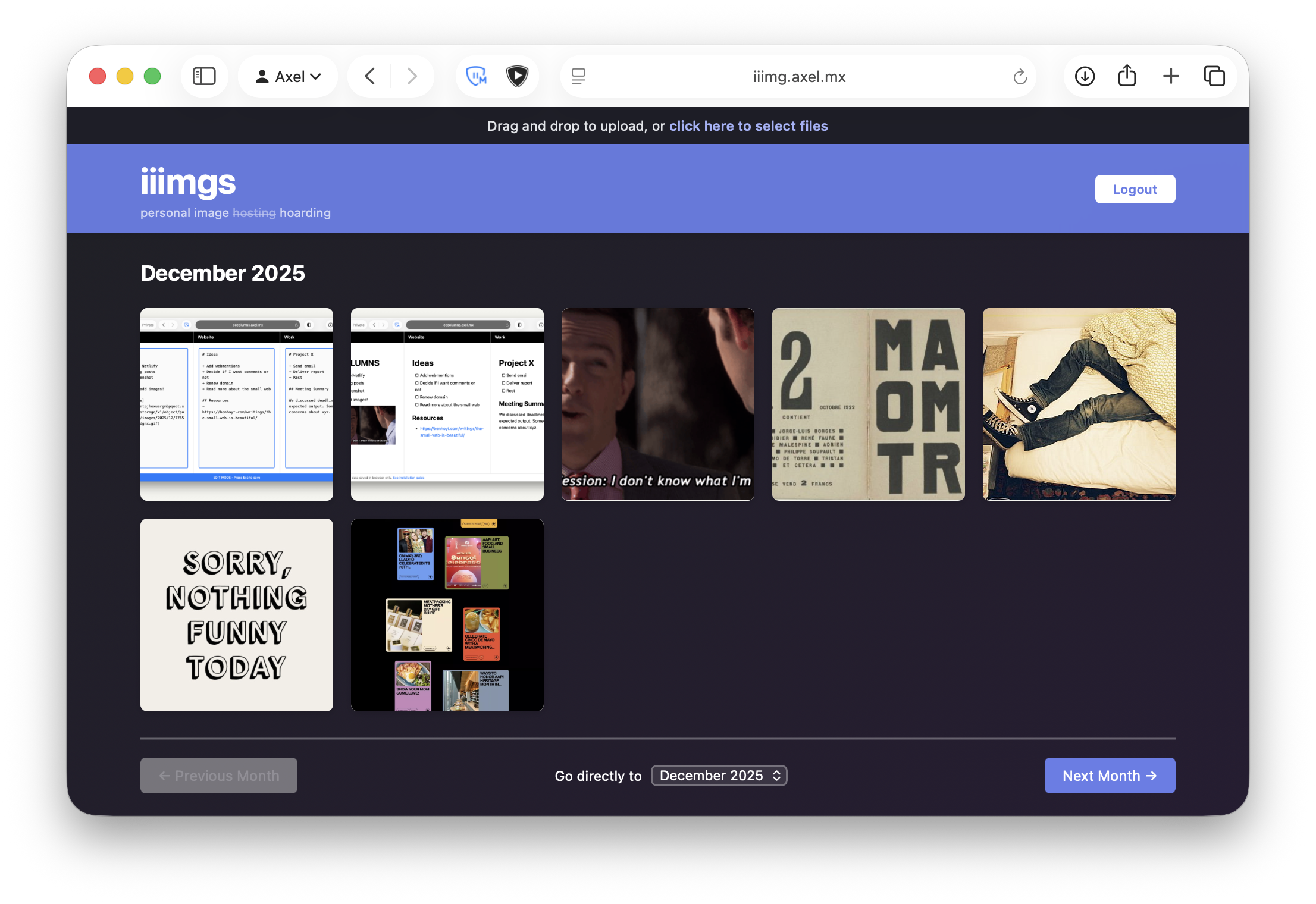
For future features, I want to add a "locked" status to some images, in case I'm using them on a post and want to prevent myself from accidentally deleting them. That's pretty much it for the moment. It makes me so happy 🙂.
This is a post about a tool I made using AI. Here's the context.
CCCOLUMNS
Dec 12, 2025
I’m a huge nerd for notes. A long time ago, I learned not to trust my memory, so everything that comes to mind and needs to be remembered goes into a note. There’s this idea that the brain is an excellent processor and a very shitty storage solution. I fully subscribe to that notion.
I already use a system in Apple Notes, heavily based on Forever Notes by Matthias Hilse, but very distilled and simplified. However, I wanted an even more immediate quick-note system that was always up front and ready, so I made just that.
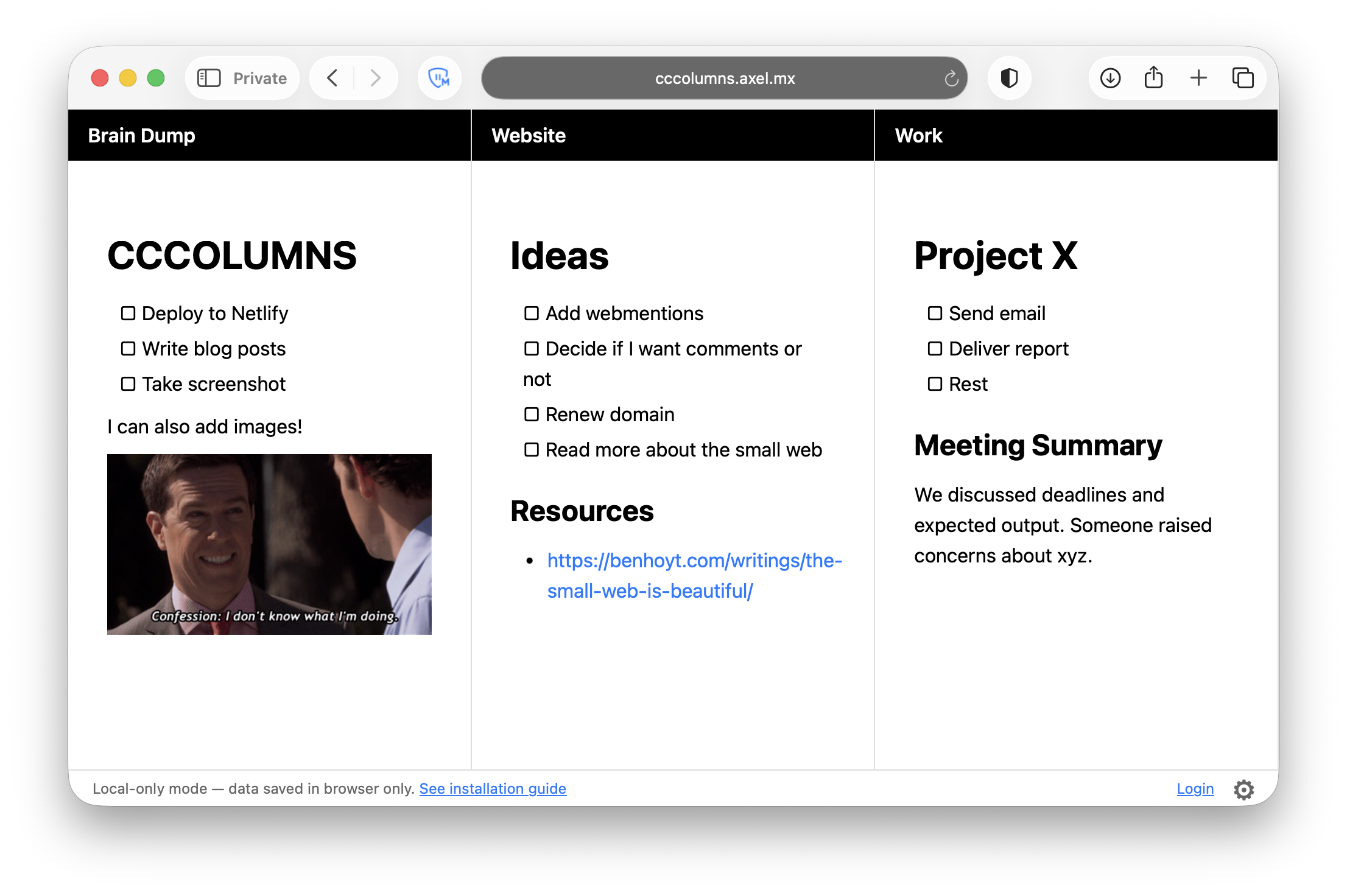
CCCOLUMNS is a single-page app that divides the viewport into N columns. Each column has a title, and the rest of the column is a note. You can switch between viewing and editing notes with a keyboard shortcut or by double-clicking anywhere on the page. After editing, you hit Escape and everything’s saved.
The app has a settings modal where you can add, remove, and reorder columns. There you can select how many columns are visible in the viewport, but later I also added a quick switch for this using number keys while in view mode. The columns that aren’t in view are accessible by scrolling horizontally.
The content of the notes uses Markdown syntax (with a few customizations that make my life easier) and is rendered as HTML when in view mode.
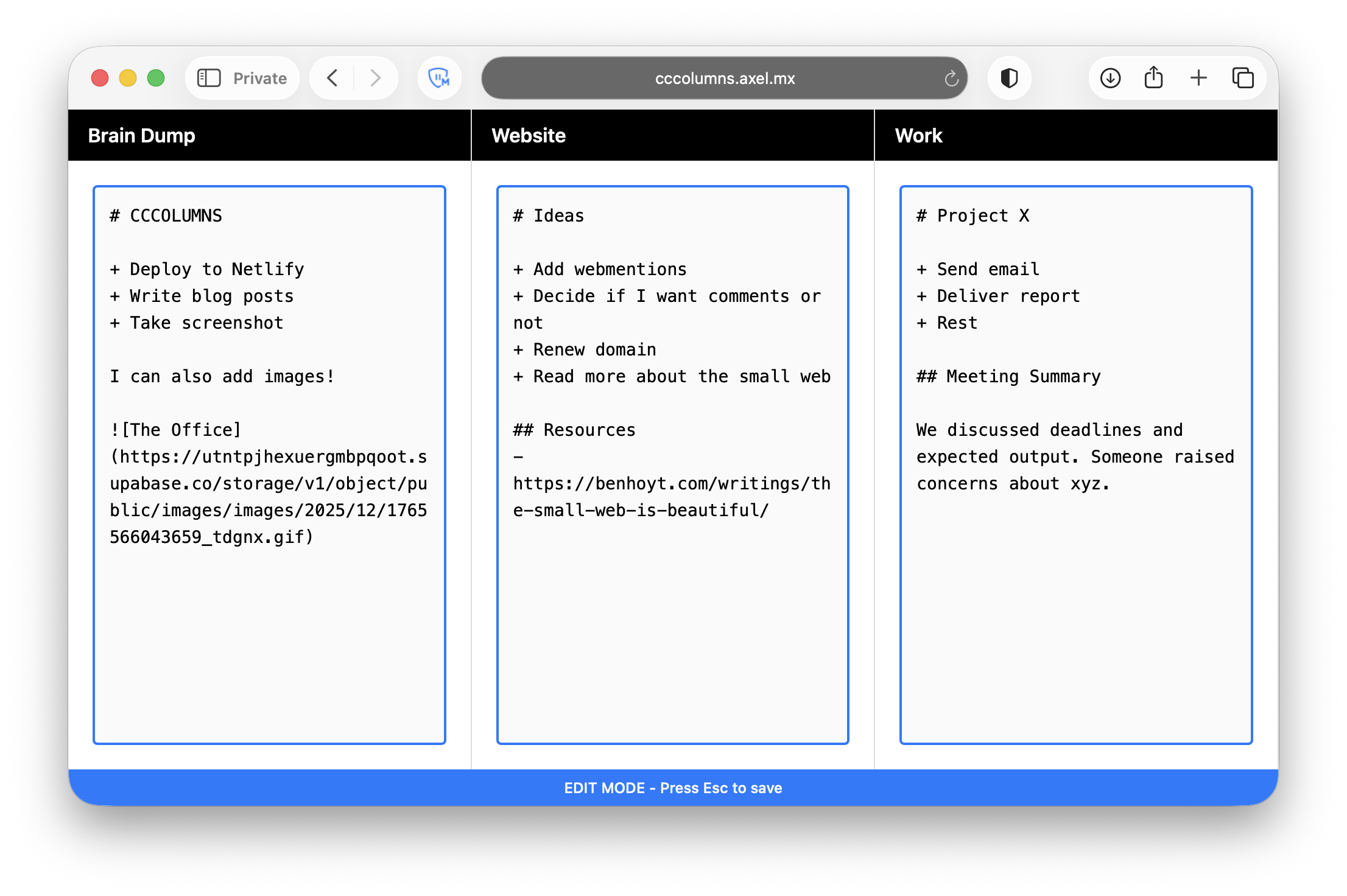
At first, everything was saved only locally in the browser. But since I use two computers, I wanted them to be synced, so I changed it to save to a JSON file in a private GitHub repository, and I added a repository credentials tab in the settings modal. When credentials are not configured, it still saves to local storage.
And that’s it. I’ve been using CCCOLUMNS for about half a week, and it’s been extremely helpful during the day. Any content that isn’t discardable at the end of the day gets migrated to my Apple Notes system, and everything that’s no longer useful gets manually discarded.
It’s obviously not perfect. I’m not handling multiple sources updating the data file, and if one computer’s sync doesn’t go through and the other updates the file later, content is going to be lost. But for now, it serves me fine. I’ll try to address those issues later, when I have time to nerd out about it.
You can try CCCOLUMNS here, or see the repo and deploy your own instance easily.
This is a post about a tool I made using AI. Here's the context.
Vibe Coding (look ma'! I'm a developer!)
Dec 12, 2025
I've been vibe coding again, but this time I took a different approach. I focused on stuff whose workings I already understand. It was a very different experience.
The first time I tried to make an iOS app, with the hope that if it worked, I would also do a macOS app from that. But it didn't work: too many errors that the AI agent couldn't really solve, and I wasn’t much help because I was totally out of my element.
This time I decided to focus on problems I wanted to solve for myself (the old "scratch your own itch"), and to ask the assistants to make web apps in technologies I already know and work with every day. This was the key to successfully finish and ship stuff that actually worked.
I made two things: CCCOLUMNS (repo), a quick note taker for my day to day, and IIIMGS (repo), an image hosting hoarding solution. Why the naming convention? I don't know, it seemed fun and more likely to be available as service subdomains. Also, I like them as a humble tribute to the awesome and now defunct ffffound!
In case you want to learn more:
Enjoy!
I gave vibecoding a second chance this week, this time sticking to technologies I'm familiar with. Instead of trying to make an iOS app (a completely unfamiliar territory for me) I made some web apps for very specific needs of my own. It was like night and day. A few hours here and there over the week, and now I have two really really useful web apps that I'm sure I will use every day.
I'll make a proper post as soon as I can get to it, but I wanted to save this note as a reminder that this stuff can be good.
Drugs and Normality
Nov 27, 2025

I never did drugs in my youth because I was too afraid, but I always had this curiosity of how it would feel to be high. I imagined pure awesomeness and bliss.
Turns out I do need a lot of drugs, prescription ones, and the effect is not an incredible high, but just plain normality. I need to drug myself to feel like a regular person feels on their baseline. Ironic, I know. But you know what? it IS pure awesomeness and bliss.
I recently concluded that the only secret to happiness is to have been miserable, and to have a solution at hand. There's no high without previous lows. Without a reference, things aren't good or bad, they just are.
Headphones
Nov 25, 2025
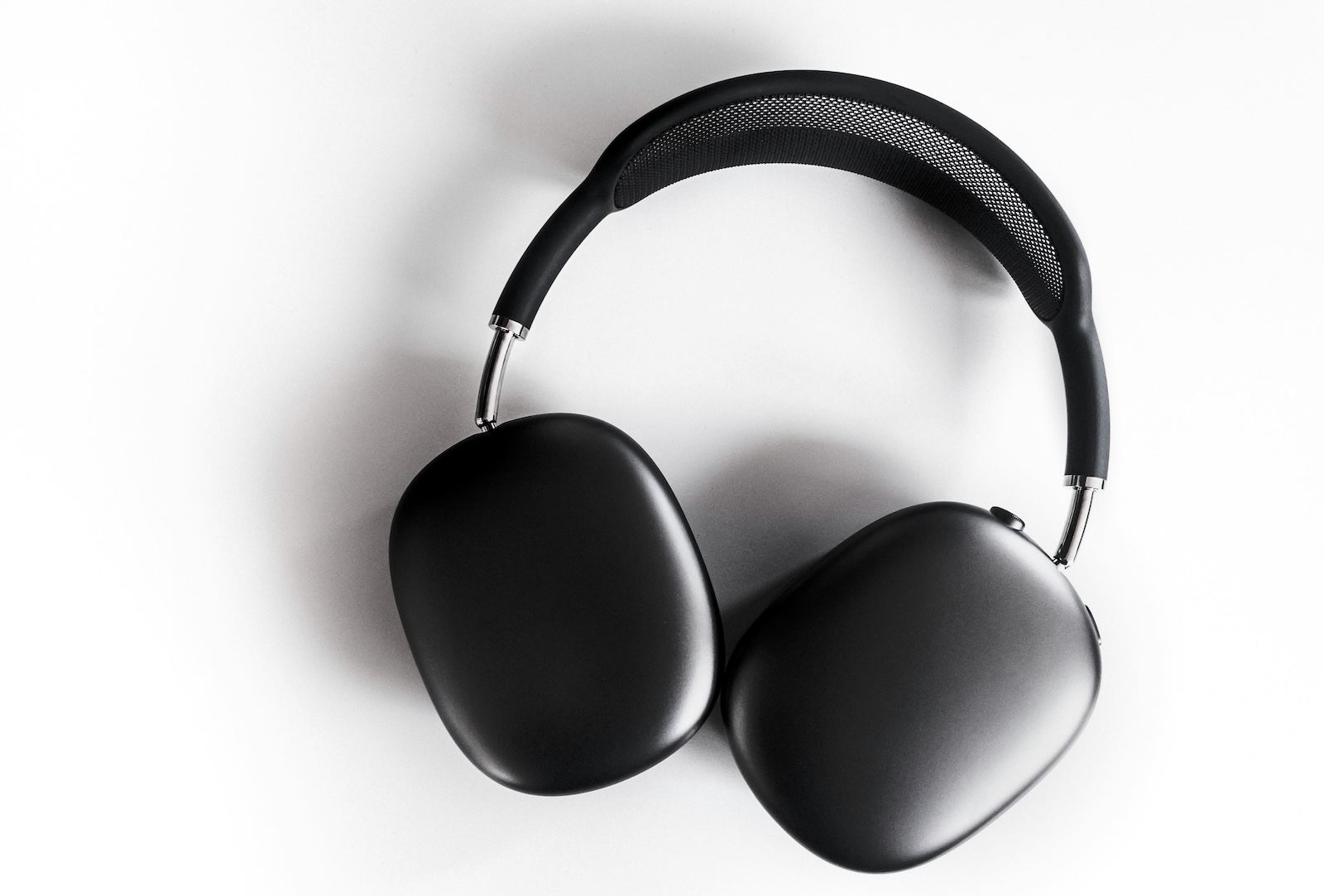
I love headphones. I love them because music has always been my safe place and headphones were my way to carry that with me in public, except I never allowed myself to use them.
My ideal way of using headphones was a very simple and normal one: to go about my day with music as a companion. The problem was I kept worrying someone would need my attention, and even in situations where that was unlikely, that preoccupation didn’t go away. I couldn’t even stand in line without switching off the music.
That was until I figured out that the whole thing was a manifestation of my own low self-esteem telling me that being available made me more acceptable. I had to be on standby for approval, even from strangers. From the day I understood that, I started going out wearing headphones. It was a gradual endeavor, though, and the hardest part was fighting the reflex to hit pause or rip my headphones off whenever anyone came near.
I’m writing this today because yesterday it was the first time I wore headphones for a whole trip to the supermarket. From getting out of the car to getting back to it, I walked through the aisles with the music flowing, not hearing anything else, and went through the self-checkout thing without even pausing for a second.
It. Felt. So. Good.
Making my phone boring
Sep 17, 2025
I removed Instagram from my phone two weeks ago. Well, all social apps, but Instagram is the main one for me.
I didn’t stop using it, though. Now that they have an iPad app, I installed it there. The idea is to intentionally use it whenever I want to check or post something, instead of defaulting to it every time I have a moment during the day.
It was difficult for the first couple of days, mostly because as soon as I had a quiet moment, my hands went straight for my phone, but it turned into a small boring glass square surprisingly quickly (and honestly, I think that’s what it should be: boring but useful). Slowly I started taking the phone out just to snap photos or videos and then quickly putting it away.
For the first two or three days, at the end of the day I was eager to check the iPad and catch up on what I missed, but that also went away quickly.
I still miss those little hits of dopamine, and I’m struggling with boredom sometimes, but overall, making it slightly inconvenient to use it has helped me be more present and enjoy what’s happening. And I really like that.

